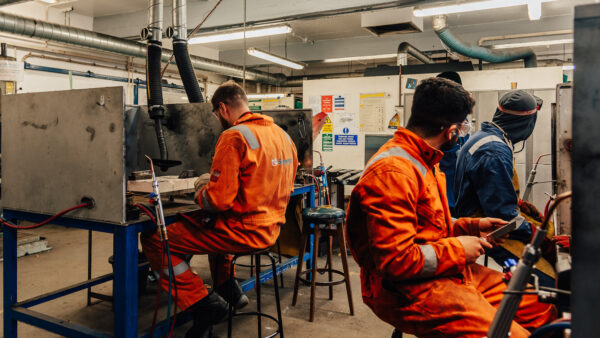The director of Steve Payne Consultants explains how he combines construction consultancy work with academic responsibilities.
You combine consultancy with academic tasks. Describe a typical day.
A typical day consists of balancing the needs of both. The consultancy work is very varied and primarily covers business processes and improvement in project, programme and portfolio environments. Risk management against time quality and cost is also a big part.
The academic aspect draws on my university-level teaching qualification to deliver courses and professional qualifications accredited with a range of professional bodies.
My day can vary from providing professional review mentoring and marking for MCIOB status, and the professional review for the Association for Project Management Chartered Project Professional (APM ChPP) status, to delivering courses.
What qualifications and experience have you needed to balance these twin skills?
Having started as a self-employed carpenter and then working through site management, contracts management, and on to lead regional businesses for several of the major PLC construction companies, I have gained a unique perspective of the industry which prepares me well for the challenges of consultancy.
Nothing prepares you better than actually having done it, or experienced it. The status of FCIOB has without doubt been a significant aspect of being regarded as an expert in this field.
To be regarded as a consultant I think it is necessary to have both experience and academic qualifications and this prompted me to take a master’s degree in Construction Management in 2000, and a Postgraduate Certificate in Higher Education (PGCHE) in 2012.
What are the most challenging and rewarding aspects of your job?
One of the main challenges is balancing the workload between training and consultancy to make the business as agile as possible and adapting to changing markets.
The covid situation has made us look at other options for course delivery and we now also provide all our training as an online option of blended learning (a mix of e-learning, virtual classroom, and one-to-one mentoring).
The main reward I get is the satisfaction of our candidates on courses achieving their aspirations. Particularly when we have trained and then mentored construction professionals through the CIOB process to achieve MCIOB. I also get great satisfaction from seeing businesses improve their performance as a result of our intervention and support.








